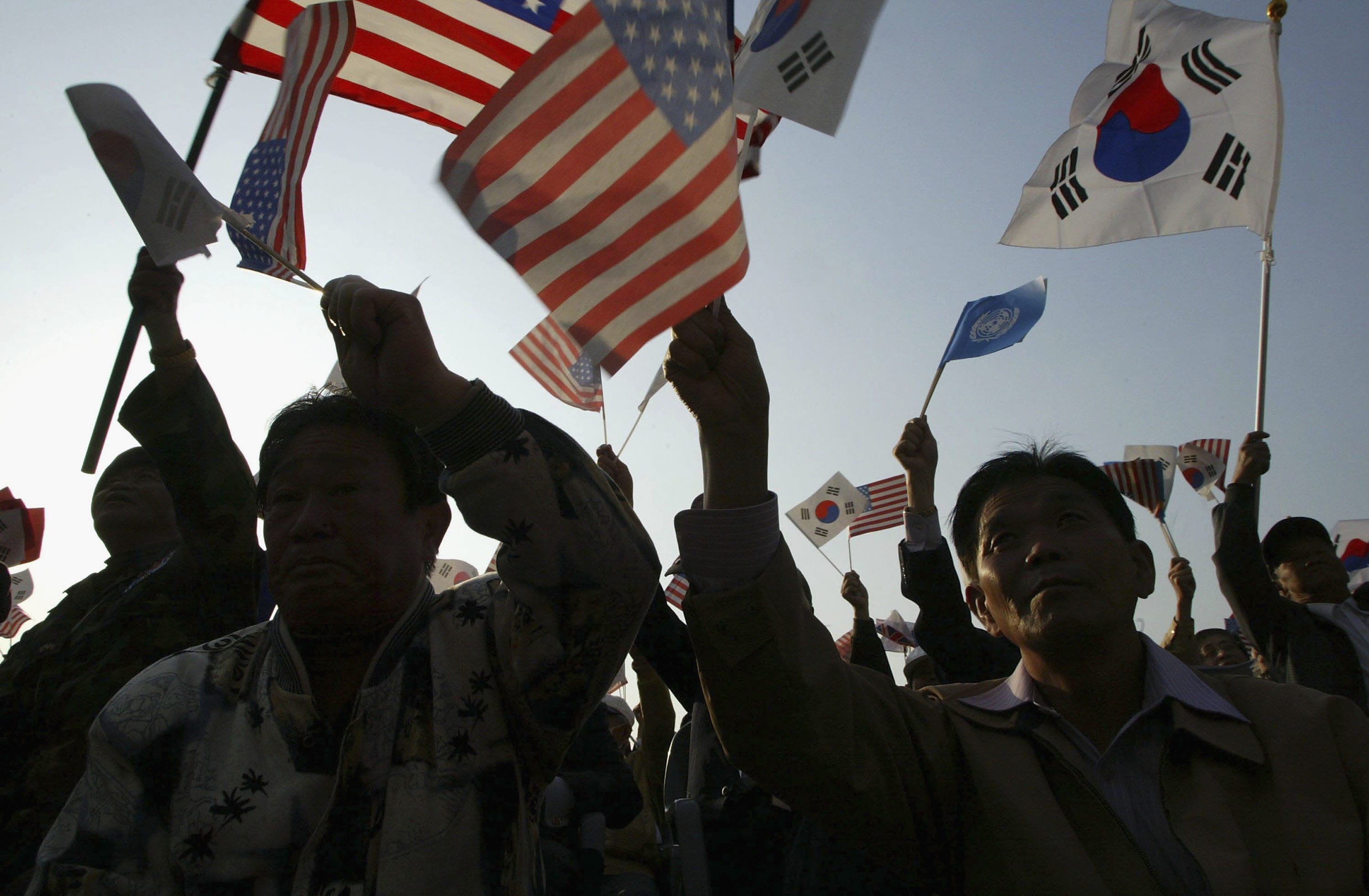
It’s hard to quantify the fight for life, liberty and freedom with cold, hard figures.
But in a year where anti-government protests in Hong Kong have dominated headlines, bringing into focus an area of the world with a somewhat spotty record on human and economic rights, one exchange-traded fund has come to the fore that tries to do just that.
Enter the Freedom 100 Emerging Markets ETF (FRDM). The fund, launched in May 2019, uses data from the Fraser Institute, the Cato Institute and the Friedrich Naumann Foundation for Freedom to determine how 26 emerging market countries are weighed in the ETF. It essentially takes civil, political and economic freedoms into account and assigns a bigger weighting to “freer” countries based on the criteria.
So far, Taiwan holds the biggest geographic weighting in FRDM, followed by South Korea and Poland. Chile and South Africa round out the top five countries represented in the ETF.
One of the most noteworthy results of the ETF’s weighting system is that China, Russia and Saudi Arabia aren’t included, particularly as a result of their reported human rights violations. This is despite Chinese markets being up 12% year to date and indexer MSCI increasing its China weighting twice this year.
FRDM founder Perth Tolle says that’s the exact problem her ETF is trying to address.
“The problem is with the way that we weigh countries,” she said on CNBC’s “ETF Edge” earlier this month. “In emerging markets, market capitalization weighting just naturally ends up with a lot of weighting in China and some of these other less-free countries.”
Plus, said Tolle, “freer” markets tend to outperform in the long run.
“We do expect that freer markets do perform more sustainably, they recover faster from drawdowns and they use their human or economic capital, or capital labor more efficiently,” she said. “So we do expect outperformance in the long run, but that cannot be measured in days, it has to be measured in decades.”
But while some countries meet some of the criteria laid out by FRDM, investors may balk at missing out on other profit-generating regions. Tolle raised Saudi Arabia as an example – while the kingdom’s oil-heavy investments may garner huge payouts, its few breakthroughs in the area of women’s rights and overall record in “human freedoms” has kept it out of the ETF.
Tolle also stressed that the ETF looks at every country’s laws and practices individually, rather than penalizing them for trade and business relations they may have with less-free countries.
“We are highly invested in Taiwan, South Korea, and Chile. Those are all huge traders with China, and they all have investments or factories that function there,” she said. “So we don’t penalize them for that. They ultimately answer to [their own rules and laws].”
Since FRDM was launched in May, the ETF has rallied 11%.
Leave a Reply